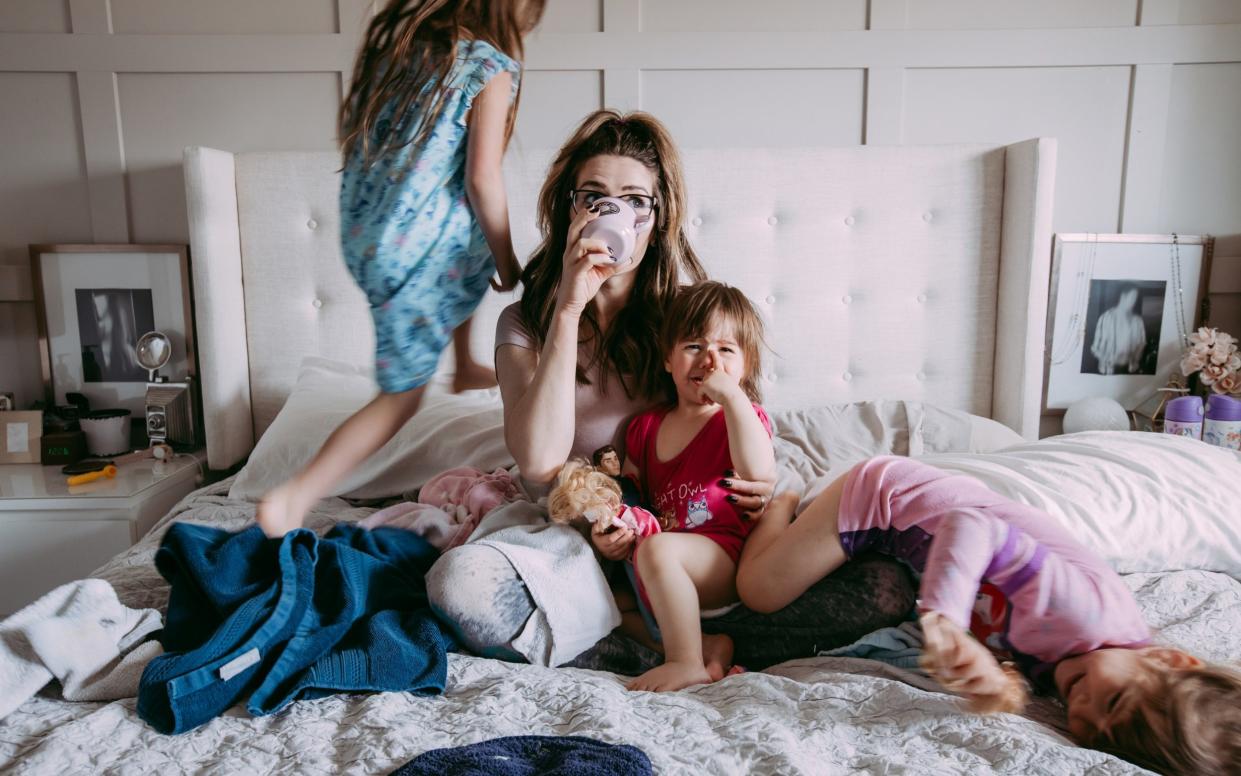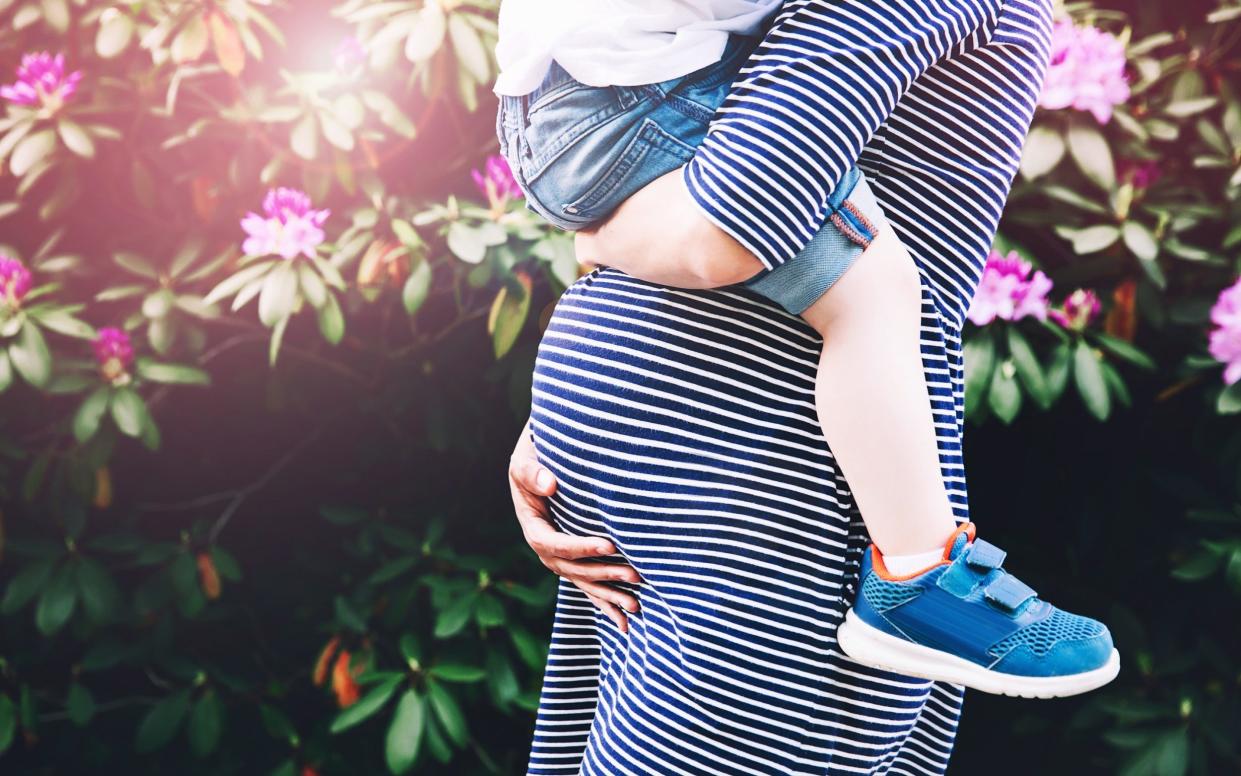Being a mother really does age you, study finds

Exasperated mothers often warn that their children “will be the death of them”, and a new study suggests there may be some truth in the admonishment.
Pregnancy accelerates biological ageing with each baby causing women to grow older by up to 2.8 months, scientists have discovered.
Carrying a child is known to have long-term health impacts, but previous studies have found they are largely beneficial, such as lowering the risk of cancer and dementia.
Now new research by Columbia University in New York has shown that pregnancy takes such a toll on the body that it causes a woman to age internally.
Alterations to DNA
The research, which was carried out on 1,735 young people in the Philippines, looked at alterations to DNA to calculate the biological age of mothers compared to their actual age.
Throughout life, as a person ages, small molecules get added to their DNA, giving updated instructions about how to function. These ‘tags’ accumulate at a steady rate and can be used as a kind of clock that reveals age.
Each additional pregnancy was associated with between 2.4 and 2.8 months of accelerated biological ageing.
The team found that men were not impacted in the same way, with their DNA unaffected by fatherhood, which implies that it is something about pregnancy or breastfeeding specifically that accelerates biological ageing, the researchers said.
“Our findings suggest that pregnancy speeds up biological ageing and that these effects are apparent in young, high-fertility women,” said Dr Calen Ryan, lead author of the study and associate research scientist in the Columbia Aging Center.
“Our results are also the first to follow the same women through time, linking changes in each woman’s pregnancy number to changes in her biological age.
“Ultimately I think our findings highlight the potential long-term impacts of pregnancy on women’s health, and the importance of taking care of new parents, especially young mothers.”

The bodies of women who reported having been pregnant appeared biologically older than women who had never been pregnant. Women who had been pregnant more often were biologically older again than those who reported fewer pregnancies.
The relationship between pregnancy history and biological age remained even after taking into account various other factors tied to biological ageing, such as socioeconomic status, smoking, and genetic variation.
Dr Ryan added: “We still have a lot to learn about the role of pregnancy and other aspects of reproduction in the ageing process.
“We also do not know the extent to which accelerated epigenetic ageing in these particular individuals will manifest as poor health or mortality decades later in life.”
Last year, a study using the UK Biobank, discovered that genes which encourage people to have more children also push them towards an early death.
Harmful mutations
Individuals carrying mutations that predisposed them to have relatively high numbers of children had a lower probability of living to the age of 76 compared with those carrying mutations that predisposed them to having fewer or no children.
The American evolutionary biologist George Williams suggested in 1957 that harmful mutations which damage longevity may end up being favoured through natural selection if they increase fertility - a theory known as the antagonistic pleiotropy theory of ageing.
Pleiotropy is the phenomenon where one gene controls more than one trait, and Williams’ idea was that bad traits would always be passed on if they went hand-in-hand with increased fertility but did not emerge until after reproductive age.
However, there is also evidence that having more children may protect women from some diseases of ageing.
Researchers at Kaiser Permanente in California compared women with one child, women who had three or more children had a 12 per cent lower risk of dementia.
It has also been shown that a successful pregnancy can lower the lifetime risk of breast cancer by around 50 per cent and 30 to 40 per cent of developing ovarian cancer.
The research was published in the journal PNAS.


